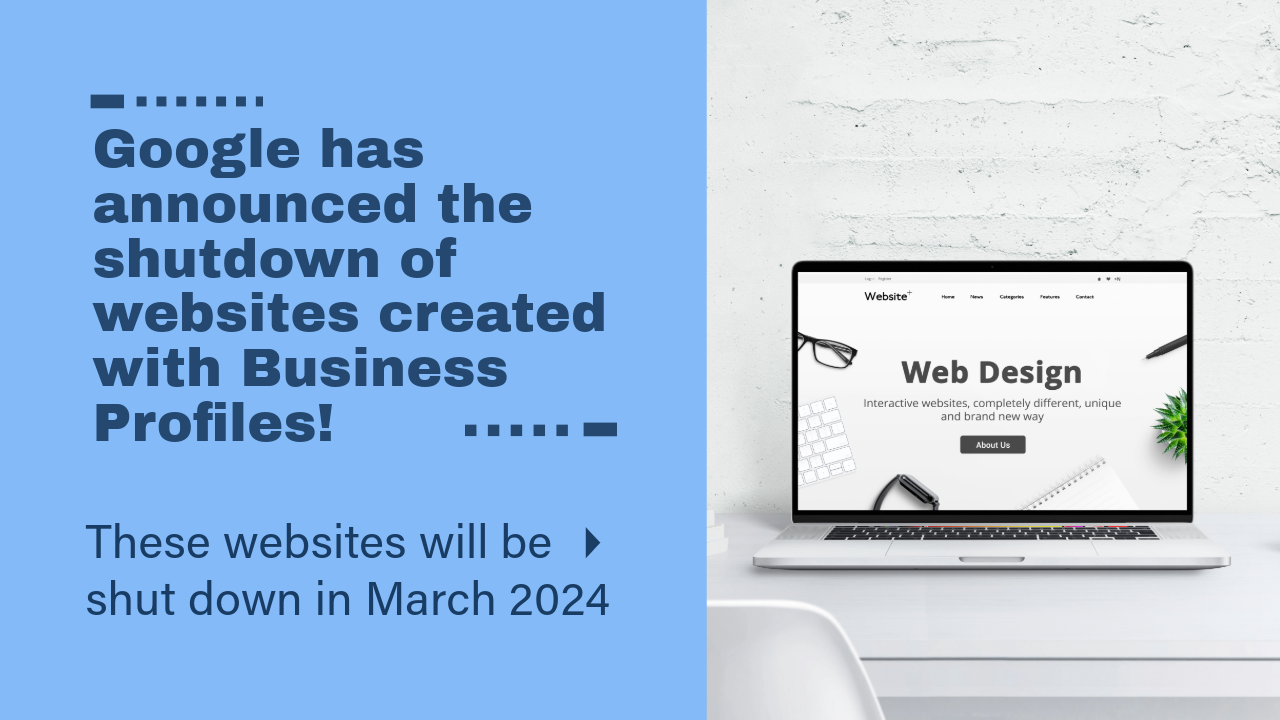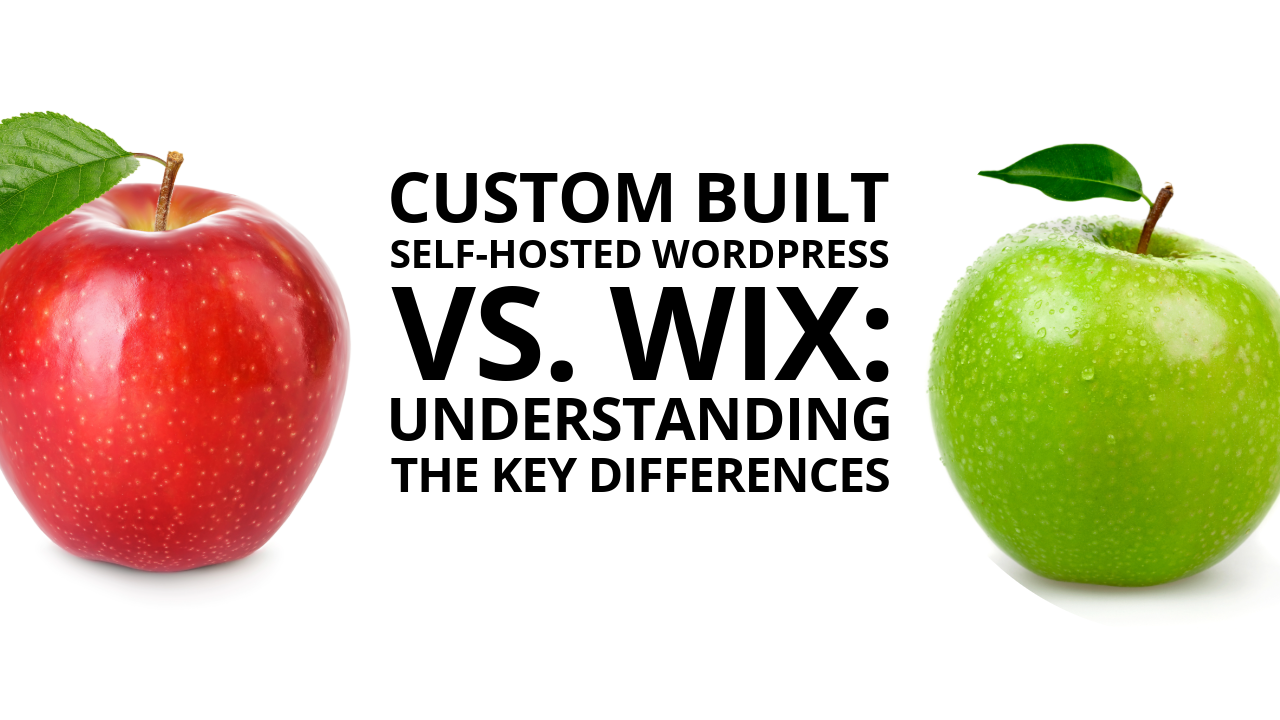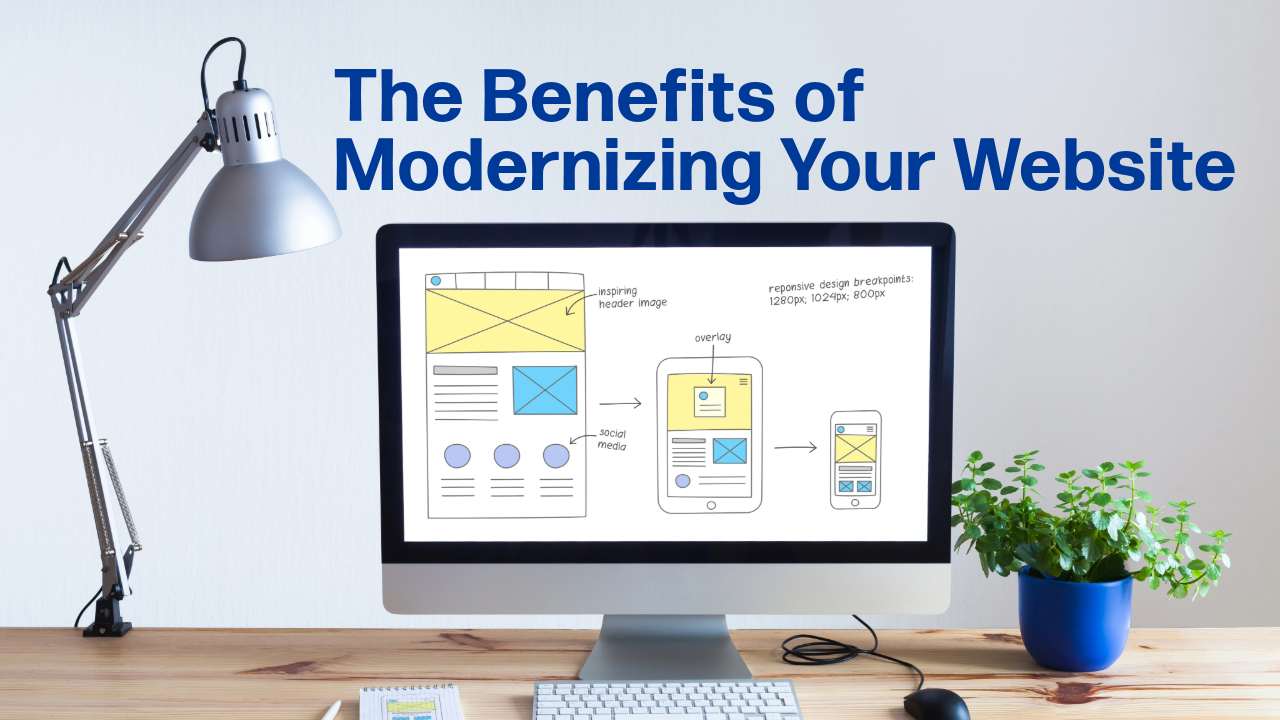In a move that took the business community by surprise, Google announced its plan to shut down websites created using its Business Profile tool. The decision will significantly impact small businesses that heavily relied on this feature for their online presence. But why is Google making this move, and what does it mean for small businesses? Let’s explore this further.
Overview of Google’s Decision to Shut Down Websites
Google has recently disclosed plans to cease support for websites that were built using the Business Profile tool. This announcement forms part of a larger shift within Google’s portfolio of services and platforms. The change signifies a closure to a tool that countless small businesses found invaluable for crafting their online footprint. However, the Business Profile service as a whole isn’t disappearing entirely; Google’s decision only pertains to the website construction facet of the tool. This sudden decision prompts a series of questions regarding the motive behind the move and its implications on the affected businesses.
Background of Google’s Business Profile Websites
Introduced in 2017, the Business Profile Websites tool by Google was a handy resource for smaller enterprises looking to carve out a niche in the digital landscape. This tool enabled them to build straightforward, one-page websites that highlighted essential details about their operation. These details included operational hours, the business’s geographical location, and valuable customer reviews. Business Profile Websites was seen as a boon for companies with limited resources, as it provided them an avenue to have an online footprint. This was done without the intricate procedures and financial implications that traditional website development usually involves.
Understanding the Reasons Behind the Closure
While Google has not released an official statement detailing their reasoning behind the discontinuation of Business Profile Websites, industry observers speculate a few potential factors may have influenced the decision. Firstly, Business Profile websites were fairly rudimentary in nature and lacked the advanced capabilities seen in full-scale websites. These websites, although accessible and straightforward, offered minimal customization features, possibly diminishing the user experience. This could have contributed to a dwindling user base, prompting Google to question the viability of maintaining the service. Secondly, Google may be looking to streamline its offerings and divert resources to its more robust tools, such as Google Sites, which offers more flexibility and advanced features. Finally, the shift may be part of a broader strategy to encourage businesses to utilize Google’s paid services, providing a new revenue stream for the tech giant. This explanation, while purely speculative, provides potential insight into Google’s strategic direction.
The Implications for Small Business Owners
The discontinuation of Business Profile Websites brings about a significant challenge for small business owners who relied on this platform for their online presence. This free, simplistic tool was a game-changer for many of these businesses, serving as a crucial conduit for connecting with customers. However, with the shutdown, they will have to grapple with the task of finding a new platform to create and host their websites. It means they might have to invest more time in learning to navigate a different platform and potentially more money if they opt for a paid service. This sudden change may lead to an interruption in their online services, affecting their customer interaction and potentially their revenue. It is, therefore, essential for these businesses to strategize effectively to mitigate any possible negative effects and ensure a seamless transition to a new platform. The following sections will delve into viable alternatives to Business Profile Websites and suggest strategies for making the switch.
Alternatives to Google’s Business Profile Websites
The sudden discontinuation of Google’s Business Profile Websites may initially seem like a significant blow, but there are several alternatives available for businesses. Google Sites, a versatile tool within the tech giant’s suite, can be a fitting substitute, offering users a range of customizable templates and the ability to integrate other Google services easily. Other platforms like Wix, and Weebly also offer user-friendly interfaces, along with a mix of free and premium plans that cater to various business needs and budgets. If your looking for something a bit more robust and custom like a self-hosted WordPress website, then hiring a professional like Your Page Today LLC might be just what your looking for.
In addition to these web development platforms, businesses should consider leveraging the power of social media. Platforms such as Facebook and Instagram offer robust business features, including shops, customer reviews, and direct messaging services. These features can serve as essential channels for reaching and interacting with customers in a more informal and engaging manner.
As businesses navigate these alternatives, it’s important to assess the specific needs and objectives of their online presence to select the most suitable platform. Whether that means prioritizing user-friendly design capabilities, e-commerce integrations, or a specific budget allocation, the choice should be guided by the unique requirements of the business. The coming transition period may be a perfect time for businesses to reassess their online strategy and consider these diverse alternatives.
Strategies for Transitioning to a New Platform
Shifting to a new platform can seem daunting but with a well-thought-out plan, the transition can be smooth. Your first step should be to identify the best platform that aligns with your business requirements and budget constraints. Once you have decided on a platform, start moving all vital information from your old website to the new one. This should include all business details, customer reviews, product or service descriptions, and any other relevant content. In doing so, try to improve and optimize the content for better readability and SEO performance. Next, make sure to update your business details across all digital platforms you use, like Google Maps, Yelp, or social media sites. This consistency helps customers find the correct information about your business no matter where they search. In line with this, it’s crucial to communicate these changes to your customer base. Use email newsletters, social media posts, or even a notice on your old website to inform them about the transition. This proactive communication can help prevent any possible confusion and maintain the trust of your customers during the transition period. By carefully planning and systematically executing these steps, you can mitigate potential disruptions and set your business up for continued online success on the new platform.
Final Thoughts on Google’s Decision
Although the decision by Google to discontinue Business Profile Websites may initially appear discouraging, it can actually serve as a catalyst for small businesses to reassess the benefits of enhancing their online presence. This move may require an extra allocation of resources and effort, yet it’s important to consider the long-term potential gains. Investing in a new website could allow businesses more customization, giving them greater control over their online image. Furthermore, moving to a more advanced platform could lead to improved functionality, enabling a more dynamic and interactive customer experience. It’s worth remembering that, even in the face of change, adaptation and growth often go hand in hand. So, rather than viewing Google’s decision as a setback, businesses should seize it as an opportunity to evolve and thrive in the ever-changing digital landscape.
We look forward to helping you. Your Page Today LLC specializes in custom website design, custom website development, search engine optimization, monthly or weekly blog writing services, content management solutions, and ongoing maintenance and support such as website security and data backups. Our company began its journey as an owner-operated web Development Company in 2001. Back when websites were just that, web pages. With well over 20 years of hands-on experience in the world of website design and development, we have the expertise to not only get your website up and running but get it visible to those ideal prospects who ARE your target audience. Please contact us today for more information.






